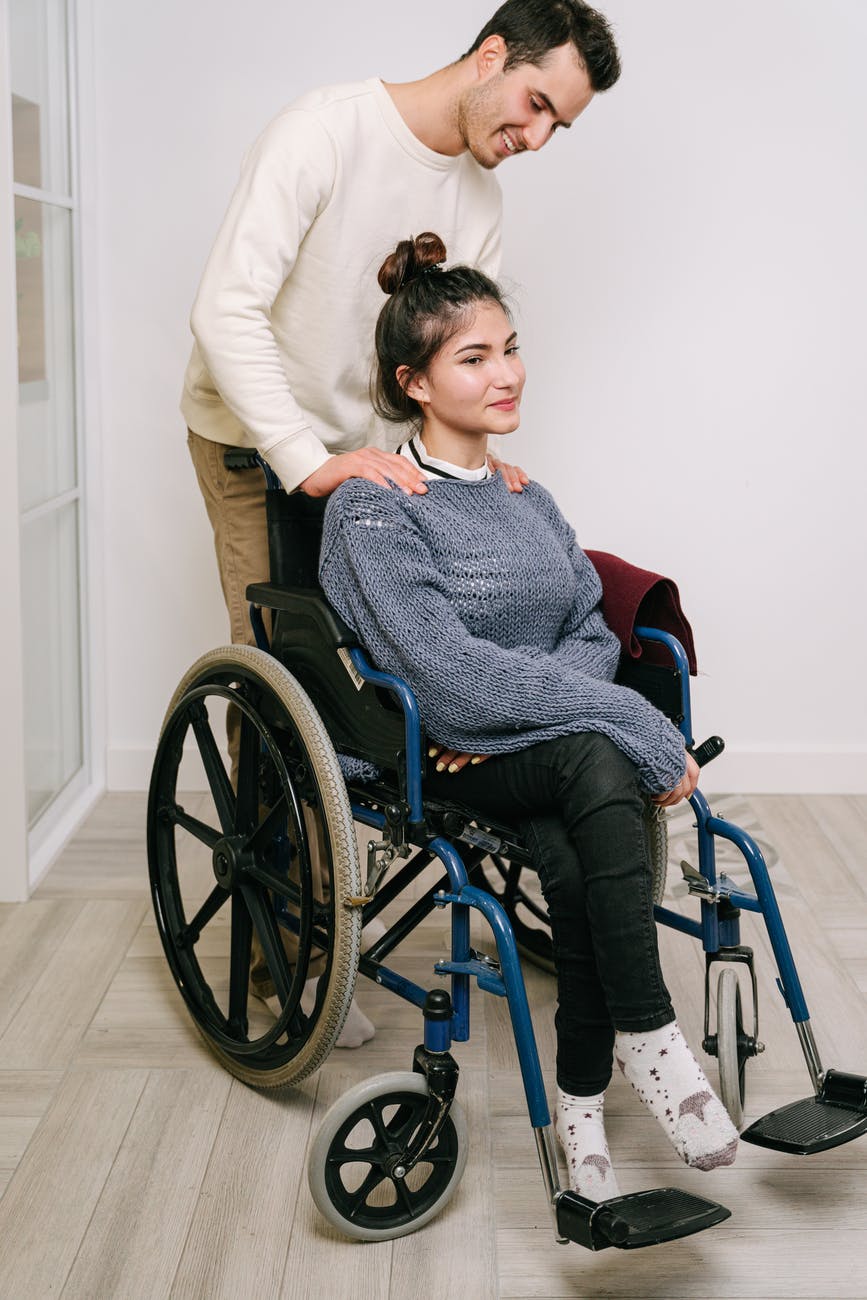
How to Get Disability Insurance Eligibility
The Disability Care Load Assessment is also known as the. This assessment assesses your need for personal support, assistance with everyday tasks, and potential future needs. It does not include the parents or guardians. The assessment takes place in several stages. The summary is shared with all parties. Next, the information is entered into a form that can then be used to apply for the appropriate disability care allowance. The form is then returned for review to the Disability Services Office.
How are the adjustments made to the disability load assessment? There are two main factors that will impact how your application gets reviewed. They are your income and your additional daily care. Both of these factors are considered in the total amount of funds that will be provided for your disabilities.

You can expect to have an extra income added onto the total cost of your disability care load assessment. The money you get will be subtracted off the total cost for your medical home care services melbourne. The difference between your final assessment amount and the cost of your medical conditions is called an addendum. An addendum is a sum that you add to your financial benefit plan account, disability pension, or benefits to ensure that you have enough income to pay your living expenses and any additional medical treatment that you may need.
A very low disability care allowance can be granted to those with extremely poor medical conditions. On the other hand, if you have an exceptional medical condition, you can expect to receive a very high disability support allowance. If you have a low medical condition but have exceptional social skills, you will be able to expect to receive more money than you would if your medical condition was lower but you have the social skills. The social skills are a necessary part of receiving social security benefits, and if you do not have them, your disability support payments will be significantly lower.
How will the caseworker decide the amount of your disability care burden assessment? The disability care load assessment will be determined by the medicaid underwriter. The medicaid underwriter will require you to provide information to the assessor about your medical history. The assessor will then calculate the percentage of your lifetime expenses related to your disabilities. The percentage of your lifetime expenses the assessor uses will depend upon several factors. The age of the person who receives your disability benefits, the type of disability you are receiving benefits for, your monthly cost of living expenses, your supplemental security income (SSI) amount, and the cost of your disability insurance.
The applicant must fulfill one of the following requirements in order to be assigned an assessment. First, the applicant must meet the definition of a disabled child getting care allowance (DHCDA). If she meets this requirement, the applicant is eligible to become a child receiving care allowance beneficiary. If the applicant is not able to meet this requirement but has a severe and persistent physical impairment that has been certified by a doctor, she may be eligible to apply for special needs child benefits.
The second requirement for DHCDA applications is that the applicant has a documented medical condition that limits her ability to perform daily activities. Second, the applicant must be able to show that her disability significantly limits her ability to access and use all the major facilities. Last, the applicant must show financial hardship that prevents her from obtaining these facilities. A physician does not need to provide a detailed report on the medical condition. However, if a physician determines that the patient’s medical condition requires specialized equipment or that her present level of health supports appropriate client care, the disability is considered. Once the applicant has determined that the applicant is disabled and that they are facing financial hardship, he/she must submit an Application.
As long as the application process is followed, Medicaid will work with qualified individuals to determine whether they qualify for disability insurance eligibility. Once eligibility is approved, recipients will receive benefits to help them pay for extra help with caring for themselves. Caring for oneself is a vital part of becoming independent. As they age, many seniors with disabilities and their loved ones can fall behind in time and money. Medicaid benefits offer additional assistance to disabled seniors and their families in caring for their loved ones.


